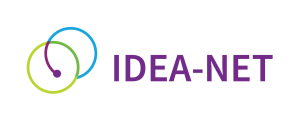University of Rijeka – Rijeka, Croatia
The program encompasses a range of activities to promote equal access, inclusion, and diversity:
- Support and counselling for students and university staff,
- Lectures, workshops, seminars for students, faculty and non-teaching staff,
- Training courses for peer educators,
- Public promotion (e.g. production of media content such as podcasts),
- Improving physical accessibility,
- Improving digital accessibility,
- Gender Equality Awards scheme
- Roar festival
Each of the listed activities had a great impact. In addition to activities to support inclusion, the program implements binding policy (legislation), strategy/action plan, recommendations/guidelines, preventive programs as well as awareness raising activities to counter exclusionary and discriminatory practices at the university.
The most innovative practices/tools implemented are the ROAR festival GE Award scheme.

University of Rijeka, Croatia
Rijeka, Croatia
IDEA-net: Expanding the network of Inclusion, Diversity, Equity and Access (IDEA) practitioners in higher education through institutional capacity building
Project ref: 2022-1-NL01-KA220-HED-000089789

This project has been funded with support from the European Commission. This website reflects the views only of the authors, and the Commission cannot be held responsible for any use which may be made of the information contained therein.
